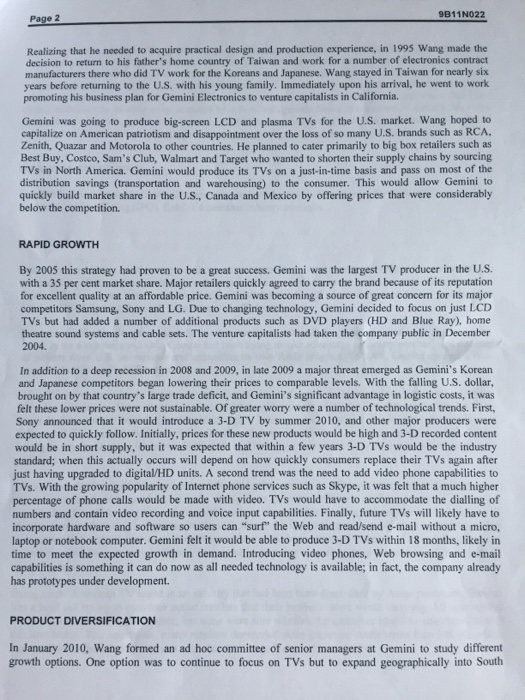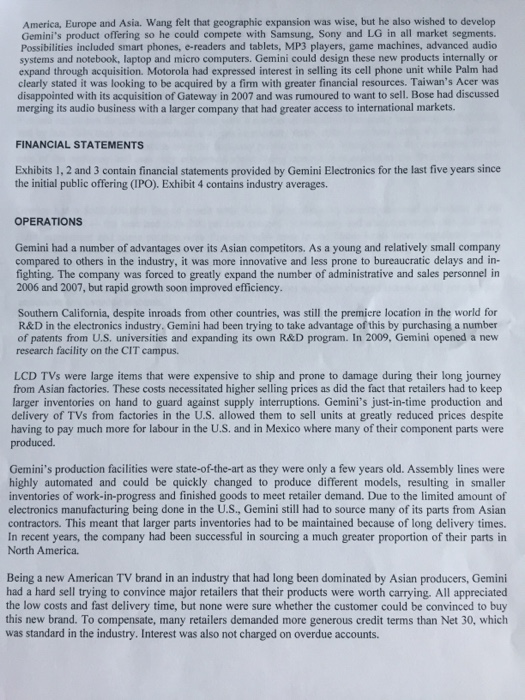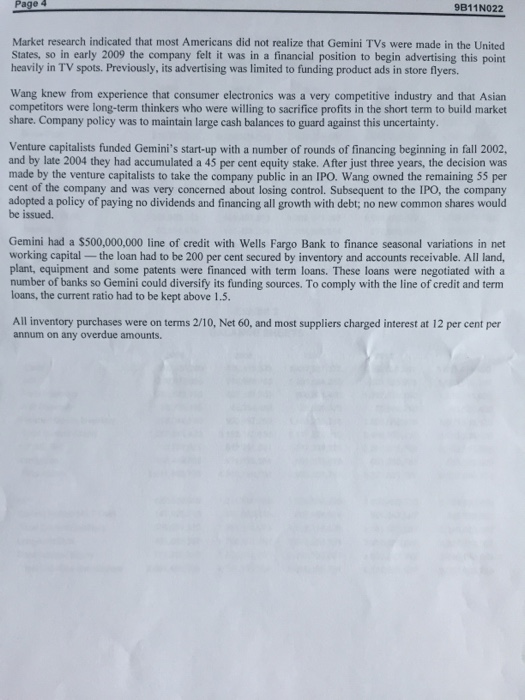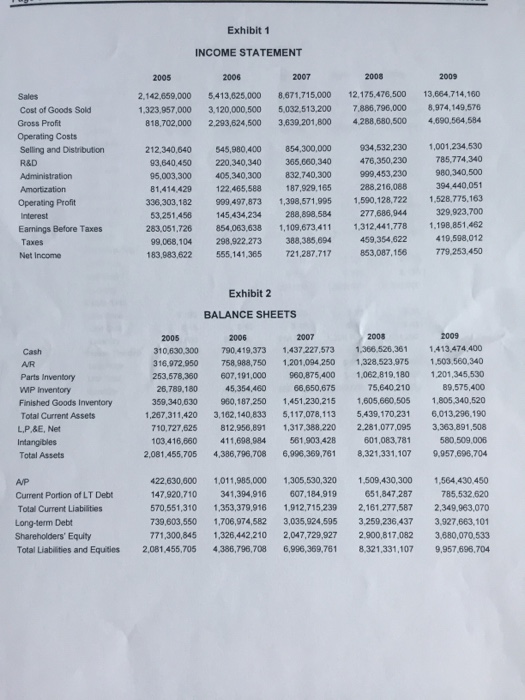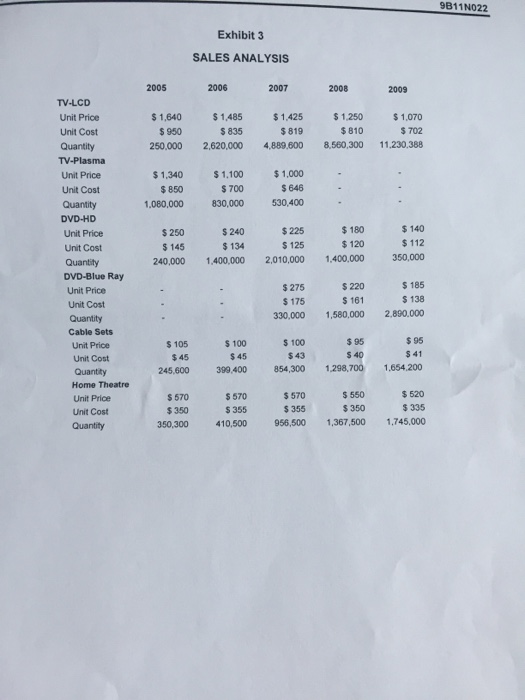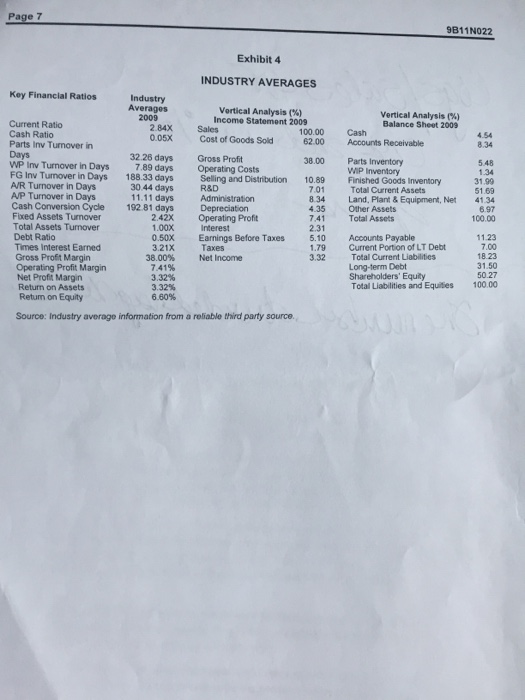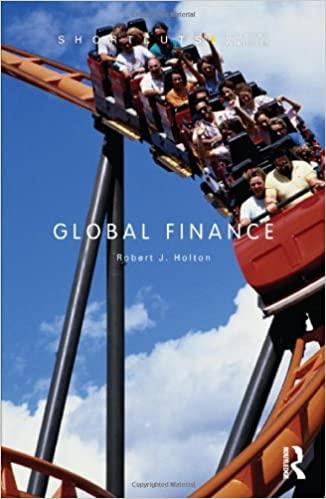Need help with a problem statement for this case, 2 hypothesis with analysis and recommendations.
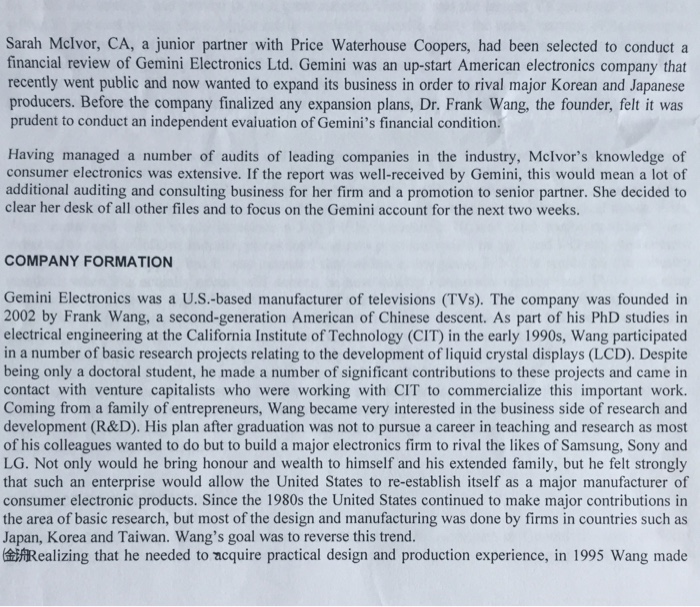
Sarah Mclvor, CA, a junior partner with Price Waterhouse Coopers, had been selected to conduct a financial review of Gemini Electronics Ltd. Gemini was an up-start American electronics company that recently went public and now wanted to expand its business in order to rival major Korean and Japanese producers. Before the company finalized any expansion plans, Dr. Frank Wang, the founder, felt it was prudent to conduct an independent evaluation of Gemini's financial condition. Having managed a number of audits of leading companies in the industry, Mclvor's knowledge of consumer electronics was extensive. If the report was well-received by Gemini, this would mean a lot of additional auditing and consulting business for her firm and a promotion to senior partner. She decided to clear her desk of all other files and to focus on the Gemini account for the next two weeks. COMPANY FORMATION Gemini Electronics was a U.S.-based manufacturer of televisions (TVs). The company was founded in 2002 by Frank Wang, a second-generation American of Chinese descent. As part of his PhD studies in electrical engineering at the California Institute of Technology (CIT) in the early 1990s, Wang participated in a number of basic research projects relating to the development of liquid crystal displays (LCD). Despite being only a doctoral student, he made a number of significant contributions to these projects and came in contact with venture capitalists who were working with CIT to commercialize this important work. Coming from a family of entrepreneurs, Wang became very interested in the business side of research and development (R&D). His plan after graduation was not to pursue a career in teaching and research as most of his colleagues wanted to do but to build a major electronics firm to rival the likes of Samsung, Sony and LG. Not only would he bring honour and wealth to himself and his extended family, but he felt strongly that such an enterprise would allow the United States to re-establish itself as a major manufacturer of consumer electronic products. Since the 1980s the United States continued to make major contributions in the area of basic research, but most of the design and manufacturing was done by firms in countries such as an. Wang's goal was to reverse this trend. Realizing that he needed to acquire practical design and production experience, in 1995 Wang made


